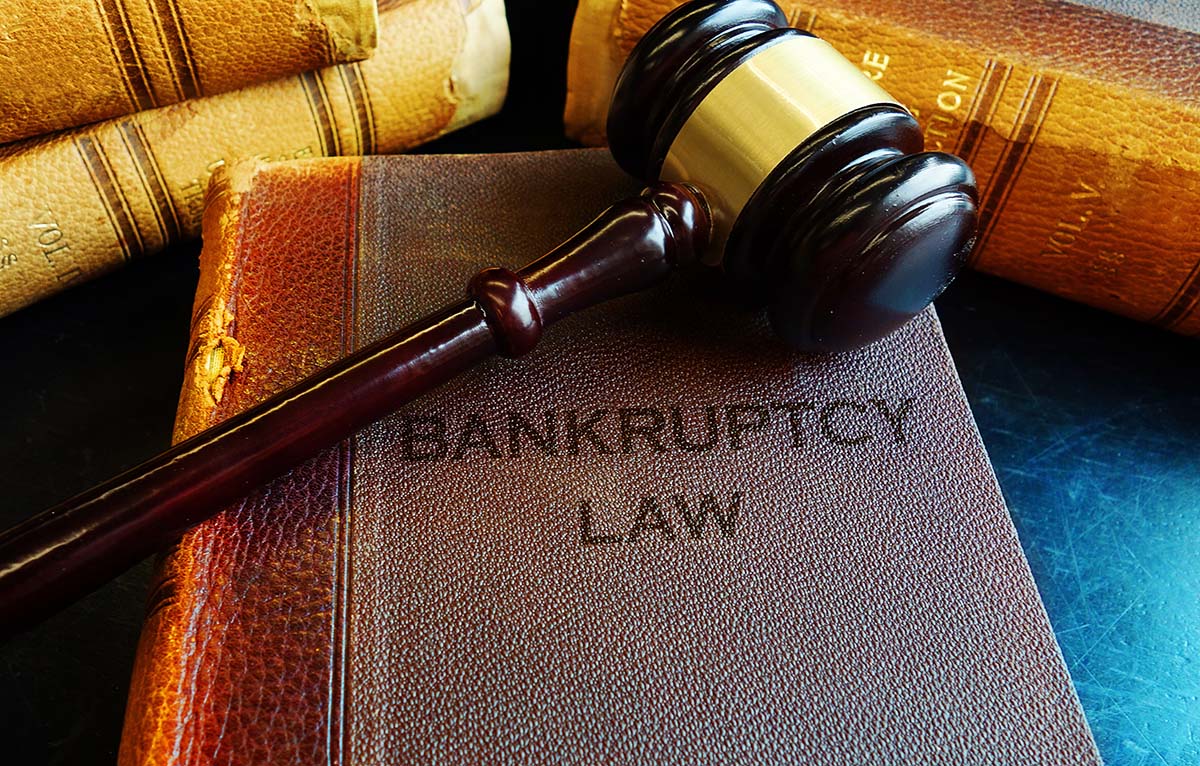What Happens if You Get Behind on Your Chapter 13 Plan?
Chapter 13 bankruptcies are characterized by debt repayment that lasts for a certain period of time. The debtor is acquainted with the terms and conditions and the payments are based on their disposable income. What happens, however, if a financial change occurs through the years? What will the consequences of late or missed payments be? What to do if you are behind on your Chapter 13 plan payments?
What Happens When You Miss a Payment?
Whenever you miss a Chapter 13 payment, the Arizona bankruptcy court will initiate a standard procedure. The first step will be to file a Motion to Dismiss the case.
Whenever this happens, it will be imperative to see your bankruptcy attorney. Together, you will consider a plan for catching up with late payments and communicating such information to the bankruptcy trustee.
Late payments should not turn into a regular occurrence. If you experience consistent issues and you’re chronically behind on payments, chances are that your Chapter 13 bankruptcy will be dismissed. Don’t wait for things to go this far, take measures to modify the bankruptcy terms and conditions as soon as you begin experiencing issues.
Chapter 13 Bankruptcy Plan Modification
Whenever you experience a sudden change in income that is expected to last a prolonged period of time, you may seek modification of your Chapter 13 payment plan.
Such changes are possible for individuals who lose their job, the ones that have to deal with a medical condition or a permanent disability. A new payment plan will be crafted by the bankruptcy trustee on the basis of the current circumstances.
If the loss of income enables you to pass the Arizona means test, you may also consider a change from Chapter 13 to Chapter 7 bankruptcy. While this may seem like a good idea because your debt will be discharged, it’s important to think things through before moving forward with the conversion.
In Chapter 7 bankruptcy, non-exempt property will be liquidated for the purpose of paying off debt. Arizona bankruptcy exemptions protect many types of assets but you should still make sure that you’re comfortable with the terms and conditions of this bankruptcy chapter.
Other Essentials to Remember
If the Arizona court files a Motion to Dismiss, you will have to counter via an opposing motion. The process of opposing the court decision is going to be expensive, probably even costlier than attempting to make your payments on time.
Keep in mind that certain types of loans aren’t affected by the automatic stay imposed during a bankruptcy. Thus, if you’re late on such payments, wage garnishment can still occur. Wage garnishment in the case of Chapter 13 bankruptcy may be linked to late payments on child support, alimony and federally-funded student loans.
 When you’re late, the situation is more or less in the hands of the trustee and the Arizona bankruptcy court. Your attorney may be capable of setting up a certain kind of plan that will help you catch up when behind on your chapter 13 plan payments. Still, such decisions are made on an individual basis and you can’t always count on leniency.
When you’re late, the situation is more or less in the hands of the trustee and the Arizona bankruptcy court. Your attorney may be capable of setting up a certain kind of plan that will help you catch up when behind on your chapter 13 plan payments. Still, such decisions are made on an individual basis and you can’t always count on leniency.
A final option that is possible in a few cases is a hardship discharge.
Hardship discharges occur whenever a debtor experiences dire financial circumstances. If this is the case and the court agrees to a hardship discharge, the Chapter 13 bankruptcy process will be fast forwarded to the end of the payment plan. Regardless of the fact that many payments weren’t made, a discharge will occur. A hardship discharge, however, does not change secured debt obligations.
Talk to your lawyer as soon as you begin experiencing financial problems. The sooner you address the issue, the easier it’s going to be to maintain the bankruptcy terms and conditions unchanged.





